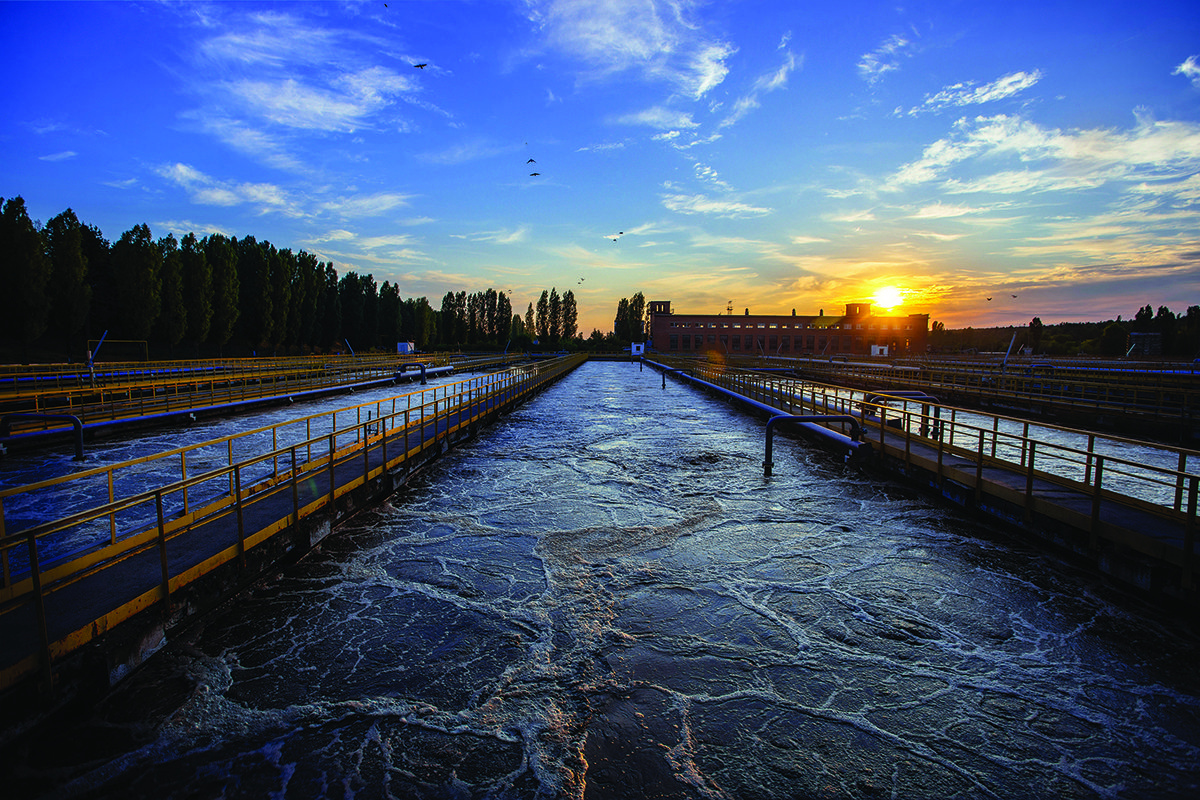There was widespread misinformation blaming nature as a blocker to growth in the run up to the Chancellor’s speech last week, writes Joe Keegan, public affairs officer at The Wildlife Trusts.
In 2021 Rachel Reeves announced her ambition to become ‘Britain’s first green chancellor’ – however, recent announcements on planning and airport expansion put this aspiration in jeopardy. The irony of Rachel Reeves’s crusade for growth is that these policies risk undermining the UK’s natural capital – an essential foundation for growth.
Nature is not a blocker to growth
Nature does not block growth – it is the very foundation on which growth is built. Research by PwC found that 47% of the companies on the London Stock Exchange are highly or moderately dependent on nature. The assertion that protecting nature undermines economic growth is simply incorrect; nature is the bedrock upon which the economy is built. The findings of the Dasgupta Review reiterate this view, highlighting the significant economic value of nature.
Healthy ecosystems provide stability for businesses by mitigating risks such as flooding and droughts and filtering pollutants from the air and water; nature provides the stability necessary for business. Beyond these practical benefits, restoring nature also delivers significant well-being and health benefits, which strengthen the foundation for sustainable growth.
If the Government is serious about delivering sustained economic growth, it must recognise and support the natural systems that underpin that growth. Ultimately, supporting nature – and its recovery – is an economic necessity.
It is not a question of newts vs. housing
The Prime Minister and the Housing Secretary suggest that we need to prioritise people’s needs ‘over newts’ in housing policy – but this is a false choice. More homes are badly needed for families and to drive growth – and this doesn’t require trampling over nature in the process.
The assertion that nature is the blocker to new housing developments is reductive and incorrect; in fact, more than 1 million homes granted planning permission since 2015 have not been built, suggesting that unpicking the planning system and weakening environmental regulation will do little to help house building. Instead, reports highlight key skills shortages in the construction industry and material shortages as possible culprits.
This is clearly a multifaceted issue, and blaming beleaguered wildlife such as newts will do little to alleviate the very real housing crisis while aggravating the nature crisis.
Natural habitats play a key role in protecting homes from threats such as flooding. Around 6.3 million properties in England are at risk, and natural solutions like wetlands which hold water back in times of high rainfall – and also support species such as newts – are vital for mitigating these dangers. If environmental protections are weakened, they could ultimately endanger housing developments in the long term.
The Government should focus on tackling the challenges of house building, nature loss and climate change in tandem. A balanced approach will ensure we meet our housing needs without compromising the ecosystems that protect and sustain us.
Planning for bats
Stories about an expensive “bat tunnel” have fuelled frustration over the UK’s perceived inability to deliver major infrastructure projects. But a closer look beyond the rhetoric reveals a cautionary tale: the dangers of ignoring nature in planning decisions from the outset.
Evidence provided to High-Speed Rail (preparation) Bill, over ten years ago, highlighted the need to consider nature conservation in and around the ancient and historic Bernwood Forest and the potential impacts on a colony of incredibly rare bats. Despite these warnings, the Government at the time chose not to conduct a strategic environmental assessment. And so, the initial planning decisions did not fully consider viable alternatives to building infrastructure within Sites of Special Scientific Interest – places that are regarded as the crown jewels of our natural heritage. This led to significant headaches and delays for the developers and government. Avoiding harm to protected sites means no compensation is required.
The UK undoubtedly needs major infrastructure projects to meet the government’s objectives. Integrating nature into the planning process from the beginning – using tools like the mitigation hierarchy – would save time, money and reduce legal challenges so helping to address the very blockages the government now laments. And ditching those projects, such [as] airport expansion, which would contribute to the climate and nature crises, is critical if we are to get back on track to meet our climate goals and halt, then reverse, nature’s decline.
















